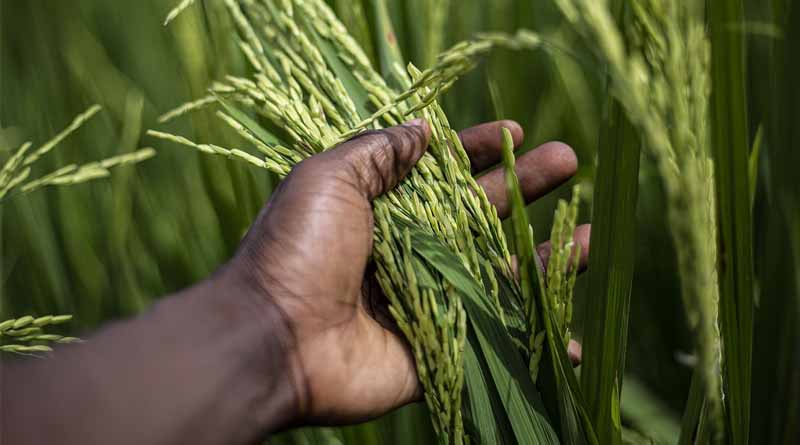Large Scale Adoption of Zero Budget Natural Farming Will Significantly Drop Food Grain Production
The content of this article is based on the information provided in the research study “Zero Budget Natural Farming: Implications for Sustainability, Profitability, and Food Security” by Sandip Das, Mahima Khurana, and Ashok Gulati, published by NABARD and ICRIER (Indian Council for Research on International Economic Relations).
05 March 2024, New Delhi: In a recent research study conducted by ICRIER and financially supported by the National Bank for Agriculture and Rural Development (NABARD), the implications of Zero Budget Natural Farming (ZBNF) on sustainability, profitability, and food security in India have been explored. The study, titled “Zero Budget Natural Farming: Implications for Sustainability, Profitability, and Food Security,” sheds light on the potential of this innovative farming practice to address the challenges faced by the Indian agricultural sector.
Zero Budget Natural Farming, also known as Bhartiya Prakritik Krishi Padhati (BPKP), aims to promote sustainable agriculture by reducing the use of fertilizers and pesticides and rejuvenating soil health. The practice, pioneered by Subhash Palekar, emphasizes four essential elements: Beejamrit, Jeevamrit, Acchadana, and Waaphasa, which focus on organic inputs and soil rejuvenation.
The study highlights the environmental harm caused by the excessive use of chemical fertilizers and pesticides in Indian agriculture. Soil degradation, water pollution, and increased greenhouse gas emissions are some of the negative consequences observed. In this context, ZBNF emerges as a promising alternative that can mitigate these issues while ensuring the sustainability of Indian agriculture.
Impact of Food Grain Production
The study projects that large-scale adoption of ZBNF can negatively impact the production of major food commodities such as basmati rice and wheat. This is particularly important given the increasing demand for food in a country with a growing population.
The study concludes that If all the production zones of the country were to adopt ZBNF with traditional varieties, there would be a significant drop in food grain production. Consequently, there will be significant food shortages. Further, traditional varieties under low nutrient inputs like ZBNF can result in per unit area productivity decline driven by low nutrient uptake.
It further mentions that ZBNF prohibits the use of high-yielding seeds without taking into account the poor productivity and low nutrient potential of conventional seeds. When cultivated under appropriate fertilizer dosages, improved wheat varieties yield 450–700 kg of proteins per hectare, but old wheat seed types yield fewer than two tonnes per hectare and less than 200–250 kg of proteins per hectare under ZBNF.
Regarding suggestions for policy around ZBNF, the study mentions that there is a need for long-term experimentation before suggesting ZBNF as a national-level agriculture practice. It further suggests that the agriculture ministry-affiliated National Centre of Organic Farming could play a vital role in developing a scientifically valid protocol for ZBNF.
Also Read: Indian Cotton Prices and Outlook for March 2024: A Mixed Bag for Cotton Producers
(For Latest Agriculture News & Updates, follow Krishak Jagat on Google News)















